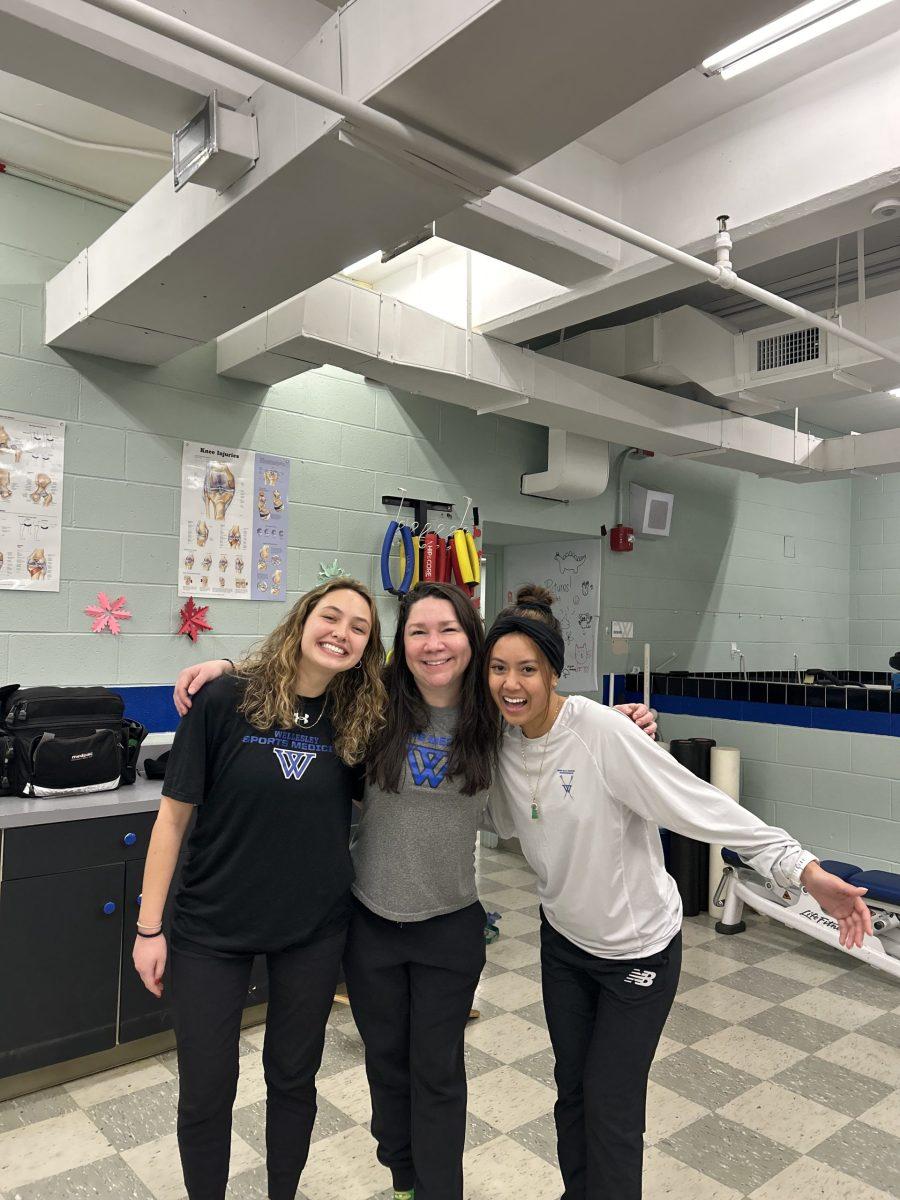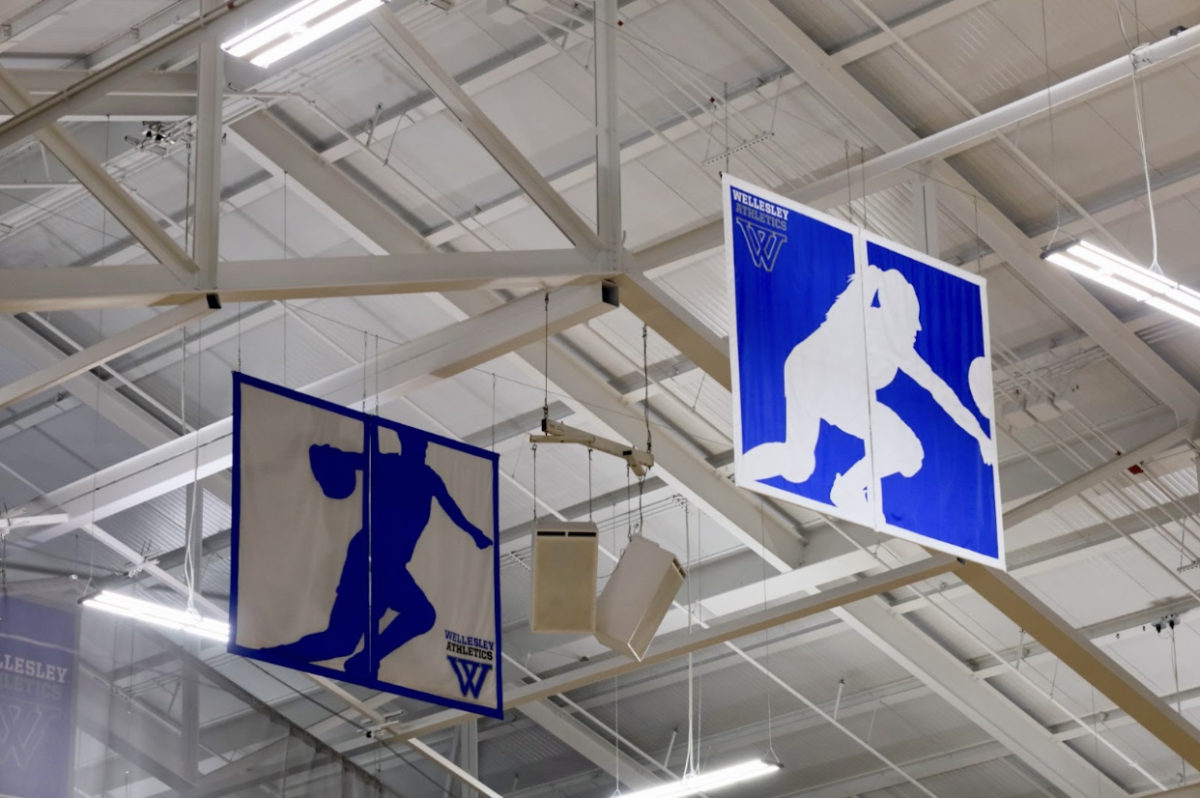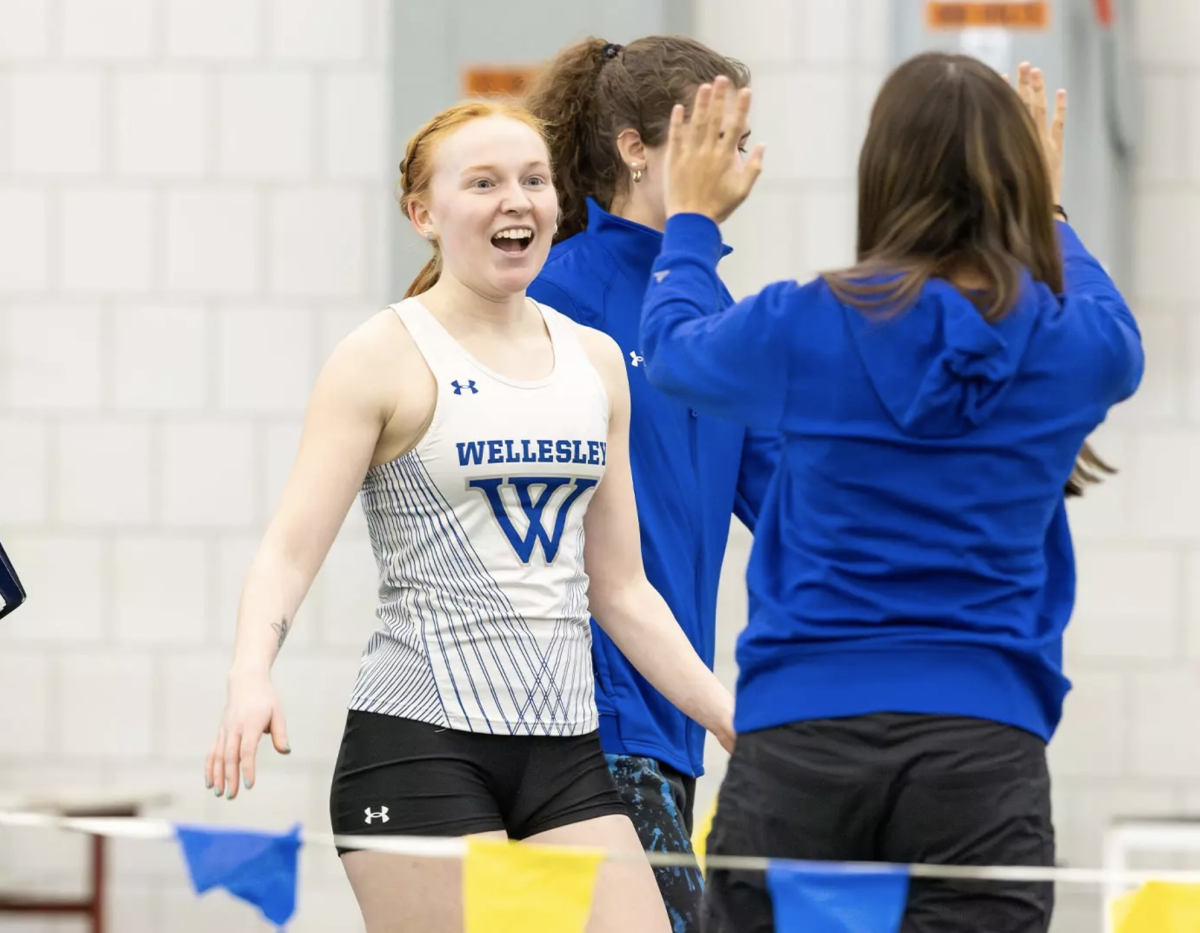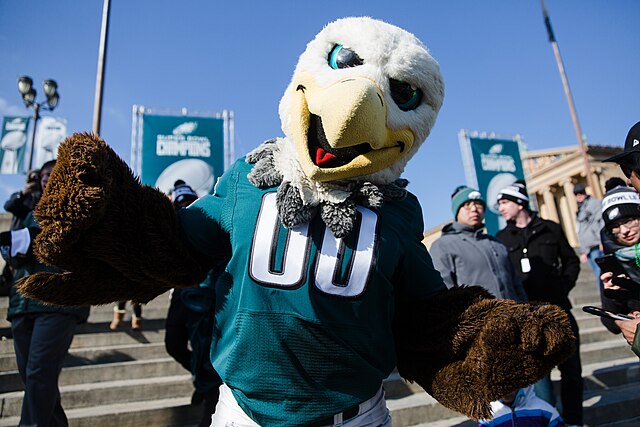An immense privilege of Wellesley student-athletes is the access to injury treatment and prevention through the athletic training room, commonly referred to as the ATR. When athletes need an injury assessment, help with recovery or a good stretch, they can always consult the ATR. Playing a varsity sport at Wellesley can be incredibly challenging; athletes deal with the stress of school and the pressure to perform, and injury can exacerbate these struggles. However, the ATR is a safe haven for athletes, and that is because of the wonderful staff that work so hard for their care. Therefore, The Wellesley News wants to spotlight the extremely helpful and talented staff at the ATR, so we interviewed Shannah Dalton, Pichtida Chhean and Sydney Leeds.
TWN: What is your name and how long have you been in the ATR?
SD: Shannah Dalton, director of Sports Medicine and Student-Athlete Well-Being. Years at Wellesley: A lovely one year and four months
PC: Pichtida Chhean, assistant athletic trainer, and I have been in the ATR since August 2022!
SL: Sydney Leeds, assistant athletic trainer. This is my first year at Wellesley!
TWN: What did you study in college, and how was your educational journey?
SD: I really enjoyed my educational journey. It helped me grow in so many different ways. I started with my undergraduate degree and graduated with a bachelor’s of science with specialization in athletic training. Following my undergraduate degree, I accepted a graduate assistant position as an athletic trainer at the Division II institution to pursue my master’s degree in health education. Adding the educational component to my degree was so fantastic. It allowed me to gain experience as an educator.
PC: I studied athletic training at UConn and minored in psychology. I then went for my master’s at Southern Connecticut State University for exercise science with a concentration in sport psychology. There was a point in time that I had considered going only into education pursuing a PhD in athletic training/sport psych, however after being a research/teaching graduate assistant, I realized how much I missed the clinical work! I do plan to get my certification for sport psych in the next couple years.
SL: I loved my educational experience! I attended Merrimack College and played on the women’s lacrosse team for all four years. I graduated with my bachelor’s of science in exercise science in 2022, and continued at MC to graduate with my master’s of science in athletic training in the spring of 2023. Being able to gain two years of clinical experience was extremely rewarding and beneficial to my career.
TWN: What functions does the ATR serve for athletes?
SD: The Athletic Training Room/Sports Medicine is a resource available to varsity student-athletes and offers Club Sport clinics for club sports. Athletic trainers are a jack of all trades. We provide care, prevention, education, emergency response and more. This can include emergent care during practices/competition, injury evaluations, rehabilitation plans for an injury, taping/bracing and assistance with referrals to further medical care and to other departments around campus (Health Services, ADR, The Stone Center, etc.).We do our best to care for our athletes’ overall health and wellbeing!
TWN: Describe the process of helping an athlete through an injury.
SD: An athletic trainer will evaluate an injury to determine if further evaluation by a physician is required. If further evaluation is not needed, the athletic trainer will determine a treatment and rehab plan. We will communicate that plan with the student-athlete and eventually coaches. We also provide support through the injury, which can be physical or emotional. We want to make the process as smooth as possible. Sometimes it can be a smooth and relatively easy process, and other times it can be difficult and draining for the athlete which can be disheartening. Every case is different, and it requires a lot of consideration and knowing your athlete well enough to be able to individualize a plan of care effectively. It is incredibly rewarding to be able to see someone through each step of their recovery, progressing and hitting small goals, building confidence in their abilities and themselves again, and then confidently performing during competition. This is why we love what we do!
TWN: When did you decide you wanted to be an athletic trainer?
SD: I was a jJunior in hHigh sSchool when I was injured playing an indoor soccer game. I was lucky enough to have access to an aAthletic tTrainer at my hHigh sSchool (this is not a luxury everywhere) and I was impressed by their support to set up doctor’s appointments, imagining, and post- diagnoses plans. I thought it would be wonderful to help athletes the same way in the future.
PC: It was something I considered in high school and decided to pursue my sophomore year of college. I shadowed my high school’s athletic trainer after experiencing an injury myself and I was fascinated by all the things this job really entails. To my surprise, she didn’t just make ice bags and tape ankles!
SL: I decided that Athletic Training was something that I wanted to pursue when I was in high school; I was a frequent flier in the ATR, injured consistently, so I had a great relationship with my AT. He took me under his wing and let me help him, and learn from him. I continued spending time as an athlete in the ATR in college, becoming more familiar with specific injuries and avenues of care.
TWN: What is your favorite part about your job?
SD: The student-athletes! I am amazed by them every day. I enjoy the conversations, interactions, and challenges. Wellesley has continued to fuel my love for the profession and I look forward to continuing to support their journey.
PC: My job is genuinely fun. I enjoy coming into work every day, working with my athletes, being able to be creative with care plans and treatments. I am constantly learning and feel like I’m making a positive impact on my athletes. The job itself is great, but the environment I work in really makes it for me! If you really enjoy your job, you never have to work a day in your life right?
SL: Being involved in athletics and helping injured athletes get back to doing the things they love is what drives me the most. I love being able to watch someone grow physically, emotionally, and mentally. Being involved in their support system is a very special part of the job which I love!




